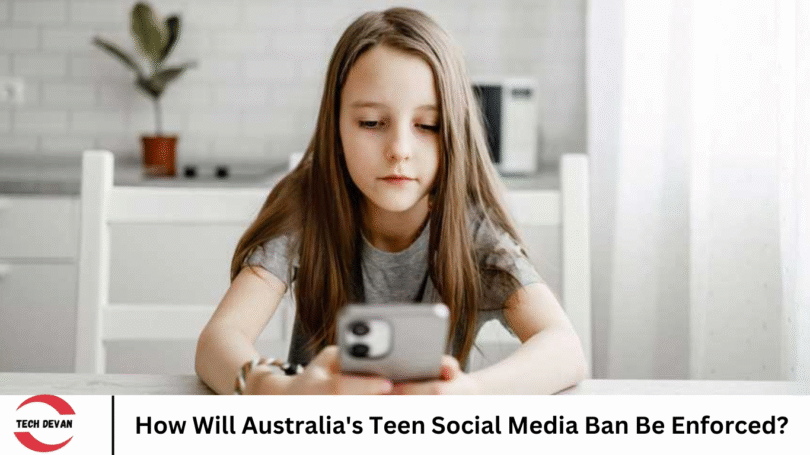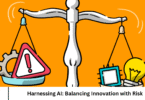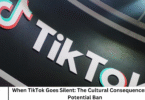Australia has enacted a groundbreaking law banning children under 16 from accessing major social media platforms, marking a significant shift in global digital policy. The Online Safety Amendment (Social Media Minimum Age) Act 2024, passed in November 2024, is set to take effect in December 2025.
This legislation imposes strict age restrictions on platforms like Facebook, Instagram, TikTok, Snapchat, Reddit, and X (formerly Twitter), with the goal of safeguarding children’s mental and physical health.
More Read: When TikTok Goes Silent: The Cultural Consequences of a Potential Ban
Understanding the Legislation
The Act mandates that social media companies implement robust age verification systems to prevent users under 16 from creating or maintaining accounts. Non-compliance could result in fines up to AUD $50 million. Notably, the law does not allow parental consent as a workaround, emphasizing the government’s commitment to strict enforcement.
Enforcement Mechanisms
Enforcement of the ban falls under the purview of the eSafety Commissioner, Julie Inman Grant. The Commissioner is tasked with overseeing compliance and has been instrumental in initiating an Age Assurance Technology Trial. This trial aims to evaluate various age verification methods, including facial age estimation and digital ID verification, to determine the most effective and privacy-preserving solutions.
Age Verification Challenges
Implementing effective age verification poses significant challenges. Many children lack official identification documents, making traditional ID checks impractical. Furthermore, concerns about privacy and data security complicate the adoption of biometric verification methods. Experts advocate for child-specific, privacy-preserving verification solutions that do not compromise user data.
Industry Response
Major tech companies have expressed reservations about the legislation. Meta, the parent company of Facebook and Instagram, criticized the law as rushed and lacking in consultation with industry stakeholders. Snapchat acknowledged the challenges but pledged to work with the government to find a balanced approach that ensures privacy and safety.
Potential Unintended Consequences
Critics warn that the ban could drive children to less regulated online spaces, increasing their exposure to harmful content. There are also concerns about the potential isolation of vulnerable children who rely on social media for support and connection. The Australian Human Rights Commission has highlighted the need for measures that protect children without infringing on their rights to freedom of expression and access to information.
Global Implications
Australia’s legislation has garnered international attention, with other countries observing its implementation closely. Ireland, for instance, is considering similar measures to protect children online. The success or failure of Australia’s approach could influence global digital policy and set precedents for age restrictions on social media platforms.
Frequently Asked Question
What is Australia’s teen social media ban?
Australia’s new legislation bans children under 16 from signing up for or using social media platforms such as TikTok, Instagram, Facebook, Snapchat, and X (formerly Twitter). The law mandates that these platforms verify users’ ages and restrict underage access, with enforcement starting in December 2025.
Who is responsible for enforcing the ban?
The eSafety Commissioner, currently Julie Inman Grant, is responsible for overseeing the enforcement of the ban. Her office has the authority to investigate, issue penalties, and mandate compliance from tech companies operating in Australia.
How will social media platforms verify a user’s age?
Platforms will be required to implement robust age verification systems. These may include facial age estimation technology, digital ID checks, or third-party verification services. The government is currently running an Age Assurance Technology Trial to assess the most effective and privacy-conscious tools.
What are the penalties for companies that fail to comply?
Social media companies that do not comply with the ban could face fines of up to AUD $50 million. These penalties apply to both failure to verify ages and failure to prevent underage access to social platforms.
Will parental consent allow children under 16 to join social media?
No. The law specifically prohibits the use of parental consent as a workaround. The intent is to make age enforcement strict and consistent across platforms, regardless of parental wishes.
What are the concerns about the ban?
Critics argue the ban could push children toward less regulated online spaces, increase isolation for vulnerable youths, and potentially infringe on children’s rights to expression and information. Privacy concerns have also been raised regarding biometric age verification.
How will this law affect global social media policy?
Australia’s approach is being closely watched by other nations. Its success or failure could influence similar legislative efforts globally, especially in countries debating child online safety, such as Ireland, the U.K., and the United States.
Conclusion
Australia’s under-16 social media ban represents a bold move to protect children in the digital age. While the law’s enforcement mechanisms are still being refined, its impact on global digital policy could be significant. Balancing the protection of children with the preservation of their rights and freedoms remains a complex challenge that will require ongoing dialogue and innovation.






Leave a Comment